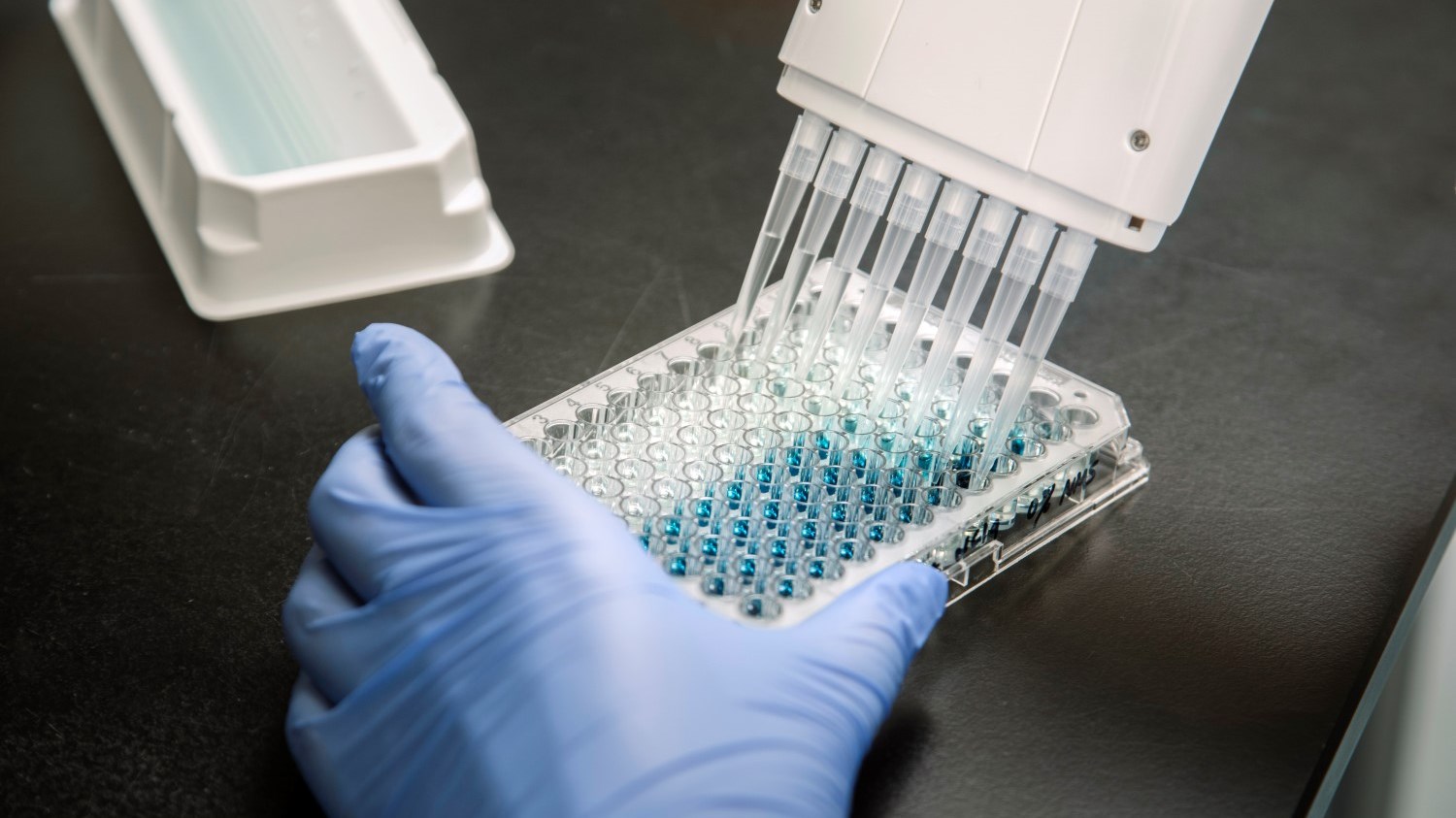Ossendorp lab – Tumor Immunology
T lymphocytes are key in immune control of cancer, they can specifically recognize and kill cancer cells. Most current immunotherapies stimulate tumor-specific T lymphocytes in a non-specific way by immune checkpoint antibodies, now commonly used in the clinic. We aim to develop specific immunotherapies by identifying tumor-specific (neo)antigens to design patient-specific vaccines with minimal side effects.
&width=826&height=464)
Our aims are to combine of specific immunotherapy with local amelioration of the tumor immune environment using novel treatments protocols, nanoparticulate vaccines, and delivery systems, anticipated to result in major improvement of clinical benefit.
The primary objective of the research is improving our understanding of the immune system in cancer patients. Knowledge of the cellular and molecular mechanisms in immunity and tolerance against tumors will allow the design of better and safer therapeutic protocols.
…Our aims are to combine of specific immunotherapy with local amelioration of the tumor immune environment using novel treatments protocols, nanoparticulate vaccines, and delivery systems, anticipated to result in major improvement of clinical benefit.
The primary objective of the research is improving our understanding of the immune system in cancer patients. Knowledge of the cellular and molecular mechanisms in immunity and tolerance against tumors will allow the design of better and safer therapeutic protocols.
Our research focuses on:
- Defining targets for cancer-specific CD4 and CD8 T cells to study the role of these cells in the tumor microenvironment and the effects of immunotherapy
- Unravelling of mechanisms of antigen presentation and dendritic cell biology
- Designing molecularly and pharmaceutically defined therapeutic cancer vaccines.
- Intradermal drug delivery systems and formulations.
To achieve these objectives, we employ a range of technologies, including:
- To develop more specific immunotherapies we identify (neo)antigens in individual tumors. Using exome sequencing information and MHC peptide elution followed by mass spectrometry we can identify specific peptide sequences recognized by tumor-specific T cells.
- Cell biological analysis of antigen handling of dendritic cell subsets in relation to antigen processing pathways, subcellular trafficking and proteasome and peptidase activities. The effects of dendritic cell activation by innate signals like TLR signalling and interaction with CD4 T helper cells are studied.
- Vaccine delivery systems by TLR-based dendritic cell targeting, lipid-based nanoparticulate formulations and dissolvable microneedles as cancer therapeutics in preclinical murine models. Adjuvants and formulations are optimized for GMP-compliant procedures for clinical translation
- Ex vivo human skin models to study the effectiveness of intradermal drug and vaccine delivery and study the immunogenicity of novel intradermal vaccines.